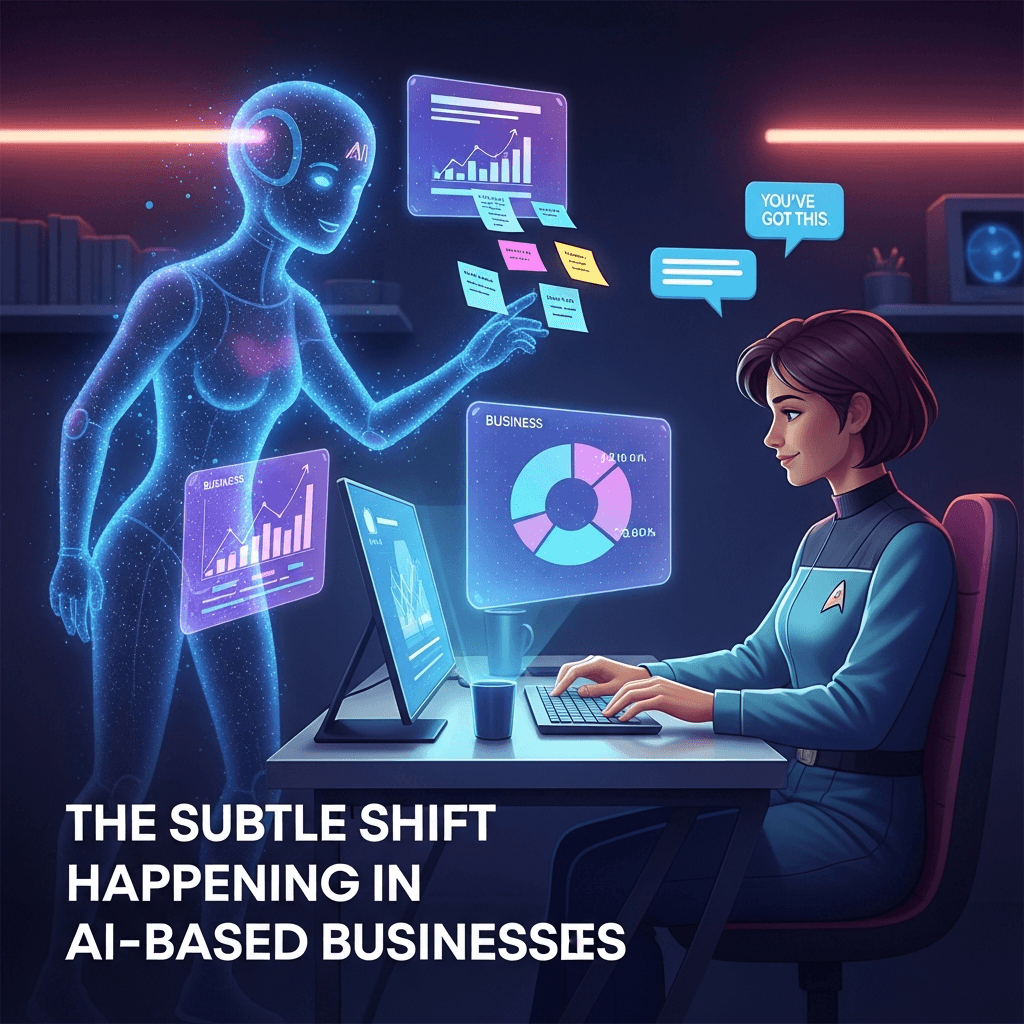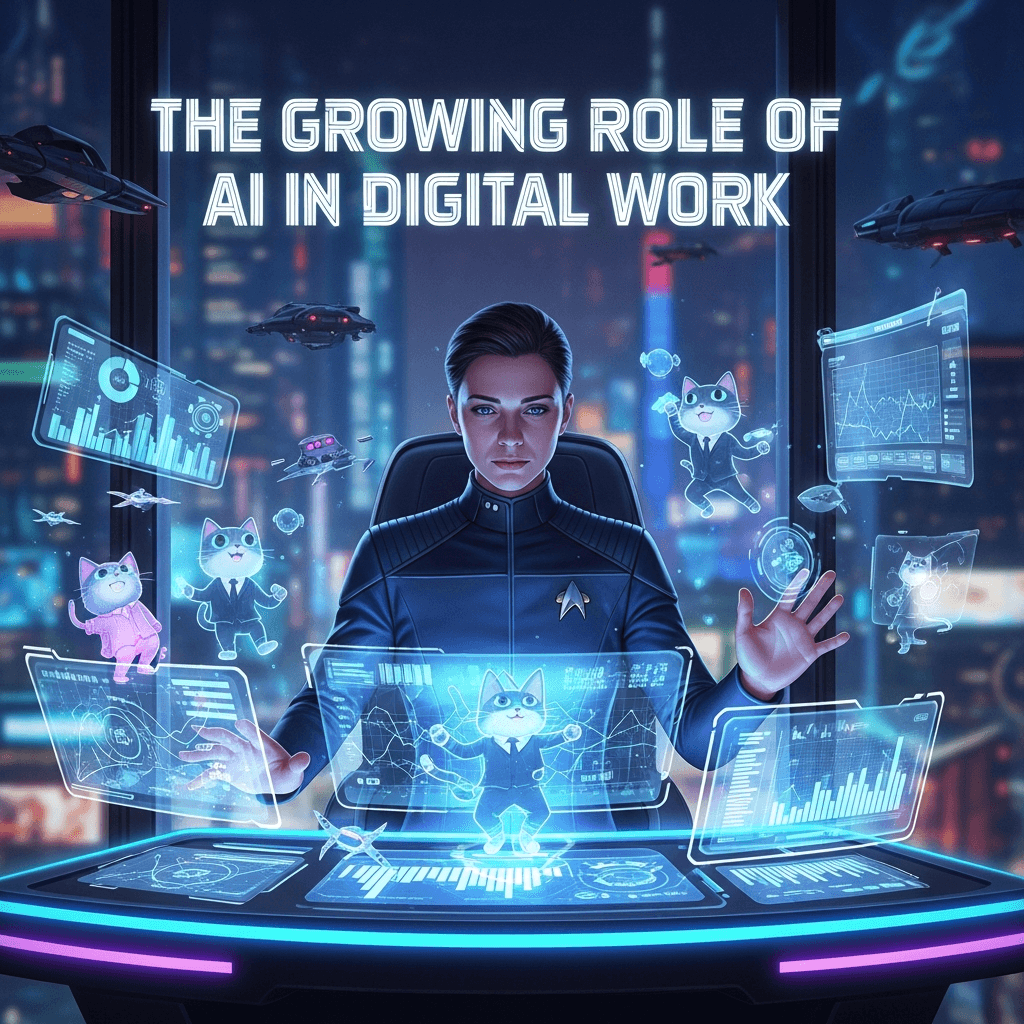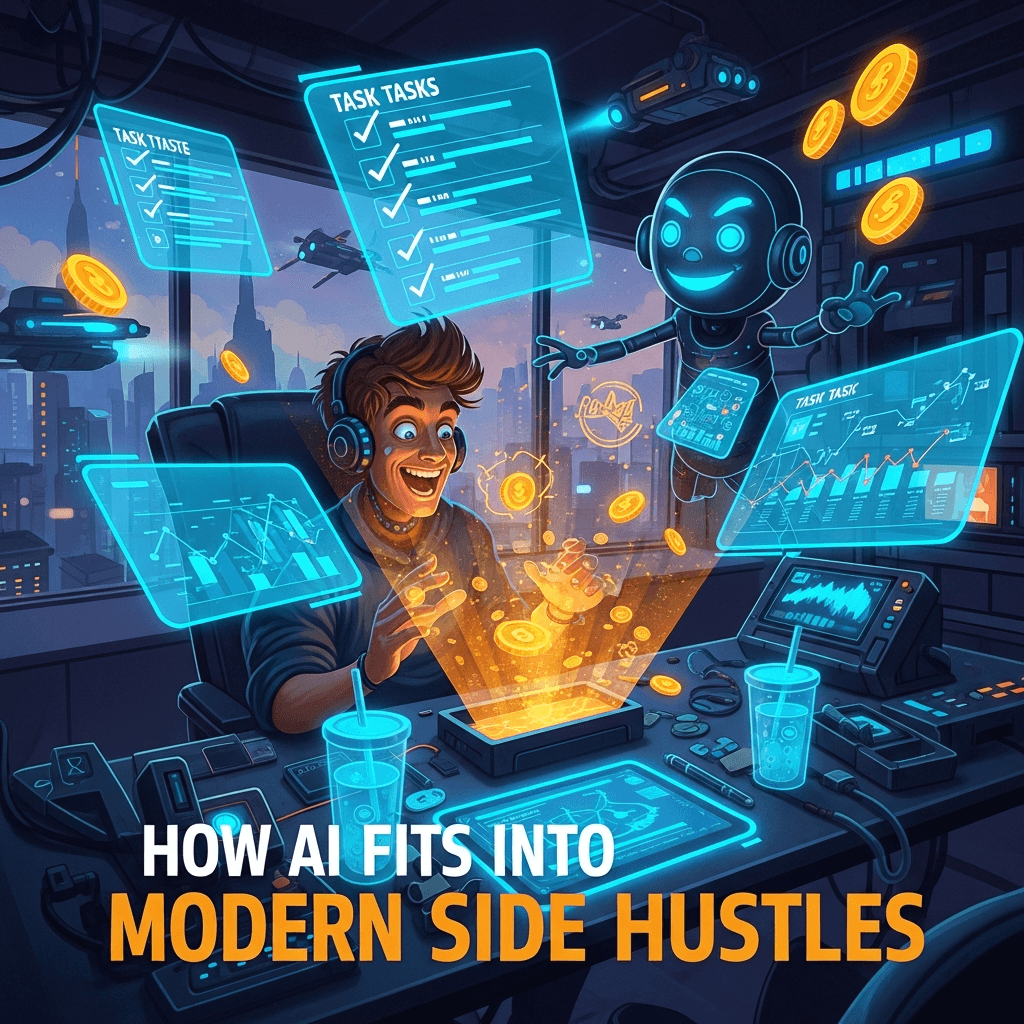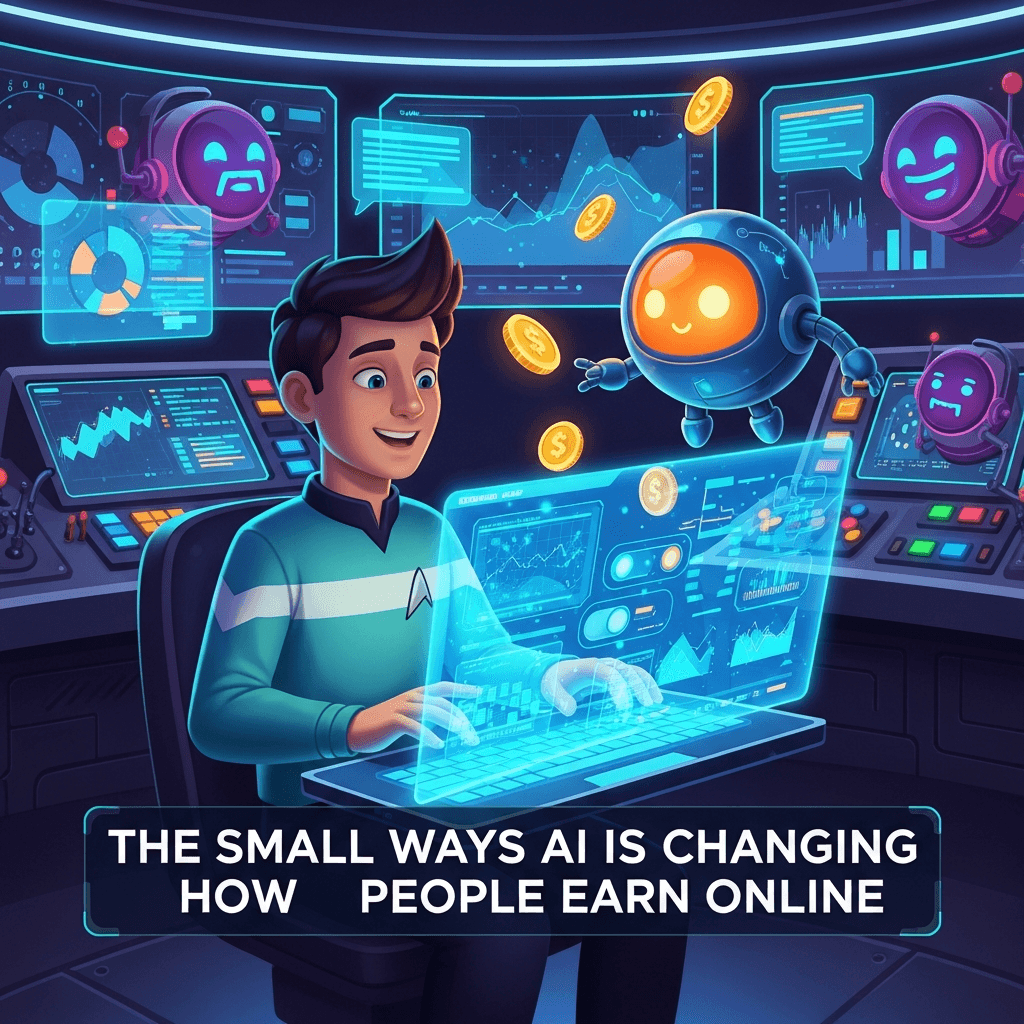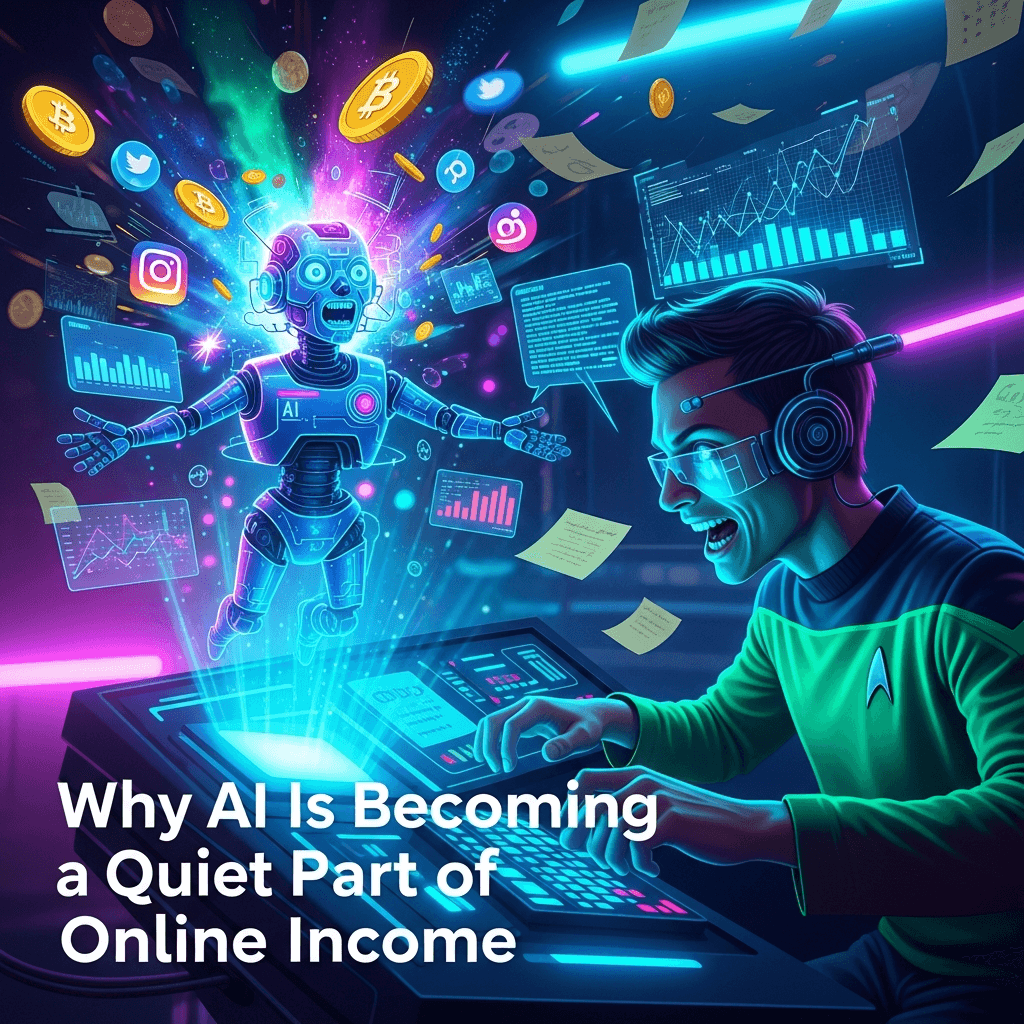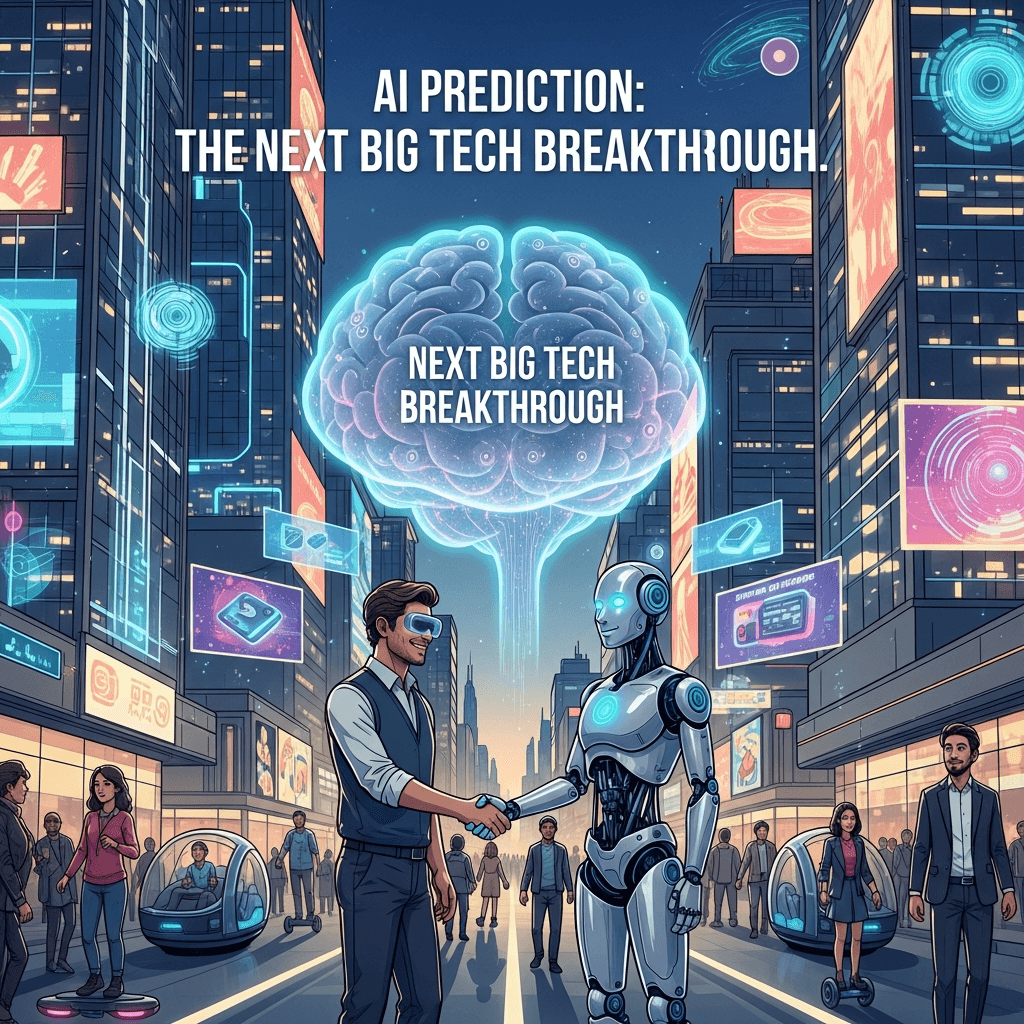Videos that look real, voices that sound authentic—AI can make anyone say anything. Deepfakes aren’t just a tech gimmick; they’re changing politics, elections, and the way we trust what we see online.
You’re scrolling through social media at the bar, laughing at a political video. Then someone leans over and says, “You know that could be fake, right?” You laugh nervously, realizing that deepfakes aren’t just memes—they’re serious business.
Politicians, celebrities, even news anchors can be put into videos saying things they never said. AI can clone voices, create realistic faces, and stitch it together seamlessly. One wrong share, and misinformation spreads faster than a bartender pouring shots.
Some whisper that governments and foreign powers are already experimenting with this to influence elections and public opinion. Meanwhile, tech companies struggle to keep up, fighting a race where every new deepfake AI seems one step ahead.
The scary part? It’s becoming harder to tell real from fake. Your brain trusts visuals and voices, and deepfakes exploit that trust. That viral clip you laughed at over beer could secretly be shaping your opinion without you knowing.
So here’s the bottom line: AI isn’t just making cool effects—it’s rewriting reality. And if you’re not skeptical, your next political chat at the bar could be influenced by a face and voice that never existed.


